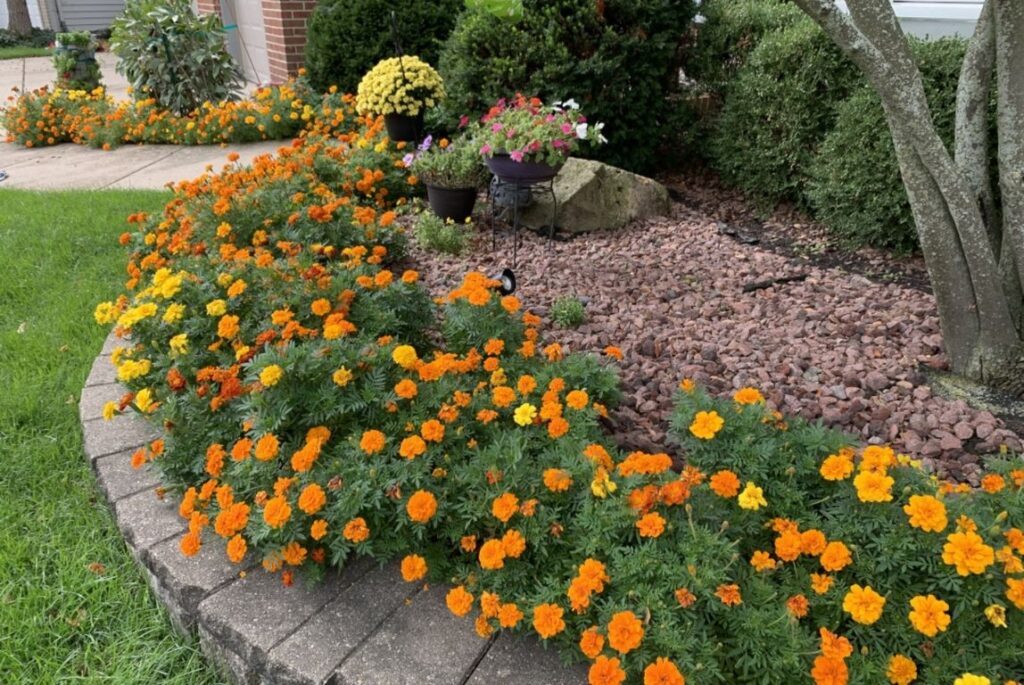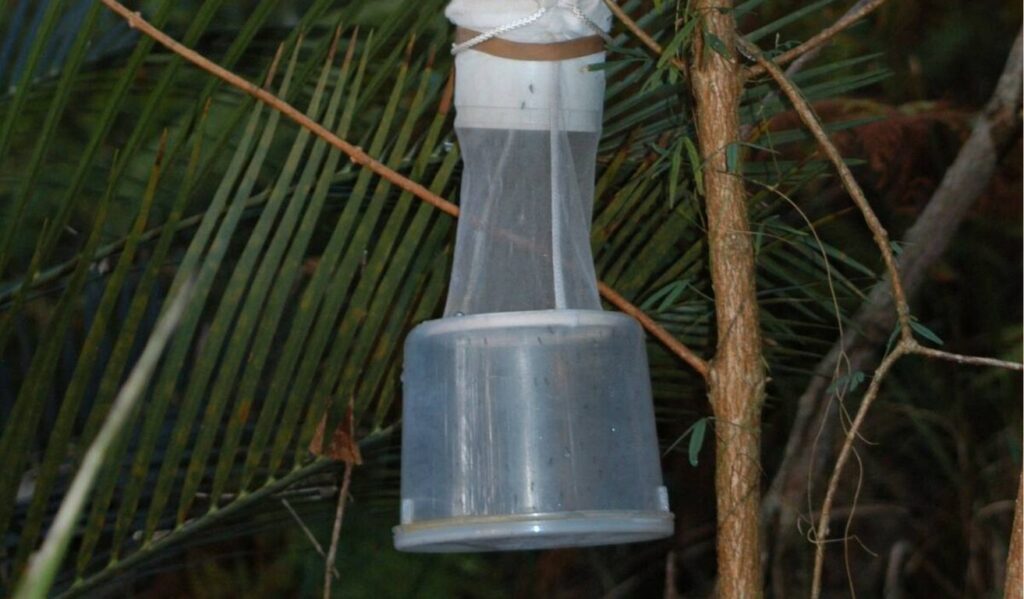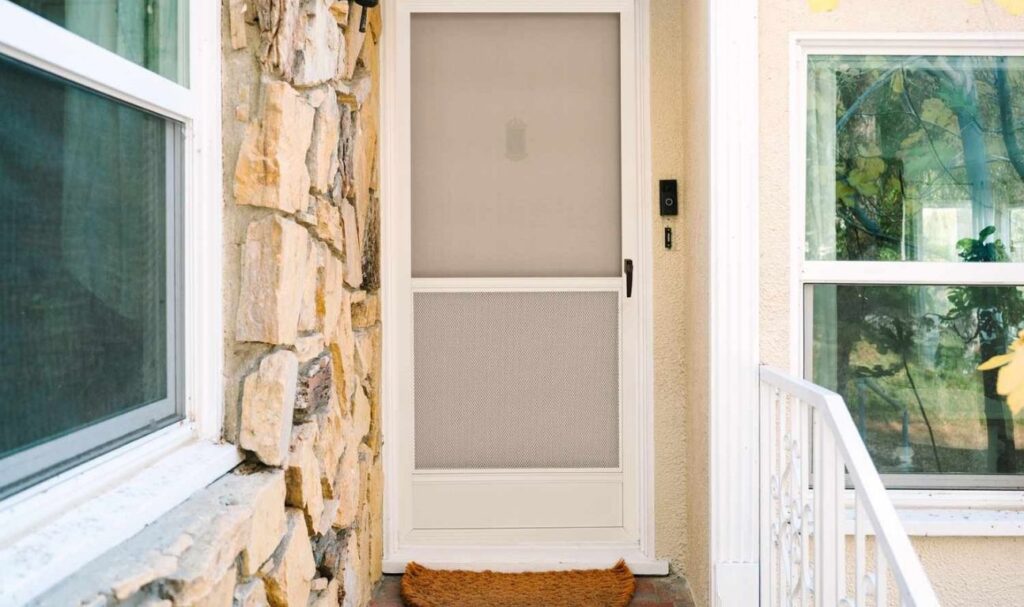Mosquitoes are more than just a nuisance; they pose significant health risks by spreading diseases such as malaria, dengue, Zika virus, and West Nile virus. Although chemical repellents are commonly used, they can present health hazards and environmental issues. Consequently, many people are seeking natural alternatives to repel mosquitoes. In this blog, we will explore various natural methods to keep mosquitoes away and protect your home. By incorporating these natural strategies, you can enjoy a safer and more comfortable living environment without relying on harmful chemicals. From essential oils to mosquito-repellent plants, DIY traps, and maintaining your home and garden, these natural solutions offer effective and eco-friendly ways to combat mosquitoes. Embrace these approaches to ensure peace of mind and a mosquito-free space for you and your family.
5 Natural Ways to Repel Mosquitoes and Protect Your Home
1. Essential Oils: Nature’s Mosquito Repellents

Essential oils are highly effective in repelling mosquitoes due to their potent fragrances and natural properties. Here are some of the most effective essential oils to consider:
Lemon Eucalyptus Oil: Recognized by the CDC as an effective mosquito repellent, lemon eucalyptus oil contains PMD, a compound with efficacy similar to DEET. To use, mix a few drops with a carrier oil and apply it to exposed skin.
Lavender Oil: Lavender oil not only repels mosquitoes but also soothes the skin with its anti-inflammatory and antiseptic properties. You can apply diluted lavender oil directly to your skin or use it in a diffuser to keep mosquitoes away.
Tea Tree Oil: Known for its antimicrobial properties, tea tree oil is effective in repelling mosquitoes and treating bites. Mix a few drops with water in a spray bottle and apply it to your skin or around your home for protection.
Citronella Oil: Extracted from lemongrass, citronella oil is a well-known natural repellent. You can use citronella candles to create a mosquito-free zone, or mix the oil with a carrier oil and apply it to your skin. Alternatively, use it in a diffuser to disperse its scent throughout your home.
These essential oils offer natural and effective ways to repel mosquitoes while providing additional benefits like soothing skin and treating bites.
2. Plants That Repel Mosquitoes

Certain plants naturally repel mosquitoes and can be a beautiful addition to your garden:
Citronella Grass: Citronella grass is renowned for its effectiveness in repelling mosquitoes. Planting it around your home or garden creates a natural barrier that helps keep these pests at bay. The strong scent of citronella is unpleasant to mosquitoes, making it an excellent choice for outdoor areas where you spend a lot of time.
Marigolds: Marigolds are not only vibrant and beautiful but also highly effective in repelling mosquitoes. The scent emitted by marigold flowers is offensive to mosquitoes, making them a great addition to your garden. Plant marigolds around the perimeter of your garden or near doorways to create a colorful and effective mosquito deterrent.
Basil: Known primarily as a culinary herb, basil is also an excellent natural mosquito repellent. The aromatic oils in basil leaves are unpleasant to mosquitoes, making it a useful plant to grow around your home. Plant basil in pots and place them near entrances or windows to help keep mosquitoes from entering your home. Additionally, you can use fresh basil leaves in your cooking, adding both flavor and a mosquito-repelling benefit.
Catnip: Catnip is incredibly effective at repelling mosquitoes, with studies showing it to be ten times more effective than DEET. This makes it one of the best plants to grow for natural mosquito control. Plant catnip in your garden to create a powerful deterrent against mosquitoes. Not only will it help keep your outdoor areas mosquito-free, but it also attracts cats, which can be an added bonus if you enjoy having feline visitors in your garden.
3. Mosquito Traps and Repellents

Creating your own mosquito traps and repellents can be both fun and effective:
Homemade Mosquito Traps: You can easily create mosquito traps with basic ingredients such as sugar, yeast, and water. These homemade traps work by attracting mosquitoes with the sugary scent and capturing them, effectively reducing their population around your home. Simply mix the ingredients in a container and place it in areas where mosquitoes are prevalent.
Natural Repellent Sprays: Craft your own mosquito repellent sprays using essential oils like lemon eucalyptus, lavender, and tea tree oil. These oils are known for their mosquito-repelling properties and are safe for skin application. Mix the essential oils with water and witch hazel in a spray bottle, and apply the solution to your skin or spray it around your home. This natural spray not only keeps mosquitoes at bay but also leaves a pleasant scent. By using these DIY methods, you can protect your home and family from mosquitoes without relying on chemical repellents.
4. Home and Garden Maintenance Tips

Keeping your home and garden well-maintained is crucial in preventing mosquito infestations:
Eliminating Standing Water: Mosquitoes breed in stagnant water, so it’s crucial to eliminate their breeding grounds to control their population. Regularly inspect and clean bird baths, gutters, and any containers that collect water, such as plant saucers, buckets, and old tires. By emptying and scrubbing these items, you prevent mosquitoes from laying eggs and multiplying around your home. Additionally, ensure that any areas prone to water accumulation are drained or covered to minimize mosquito breeding sites.
Maintaining Screens and Doors: To keep mosquitoes from entering your home, ensure that all window and door screens are in good condition. Regularly check for holes, tears, or loose edges and repair them promptly. Installing tight-fitting screens on windows and doors provides a physical barrier against mosquitoes, reducing the chances of them entering your living space. Consider using door sweeps and weather stripping to seal any gaps around doors and windows, further enhancing your home’s protection against these pests. By maintaining your screens and doors, you create a secure environment that helps keep mosquitoes out and your family safe from mosquito-borne diseases.
5. Additional Natural Repellent Methods

There are several other natural methods to repel mosquitoes effectively:
Using Fans: Mosquitoes are weak fliers and struggle to navigate through strong air currents. By using fans both indoors and outdoors, you can create an environment that makes it difficult for mosquitoes to land or stay around, effectively keeping them at bay.
Mosquito-Repellent Candles: Candles infused with essential oils like citronella, lavender, and lemon eucalyptus are effective in repelling mosquitoes. These candles release scents that mosquitoes find unpleasant, making them ideal for use during outdoor activities. Light these candles around your patio, deck, or garden to provide added protection against mosquitoes, allowing you to enjoy your time outdoors without being bothered by these pesky insects.
Conclusion
Natural methods for repelling mosquitoes and protecting your home are both effective and environmentally friendly. By utilizing essential oils, mosquito-repellent plants, DIY traps, and maintaining proper home and garden upkeep, you can create a safer and more comfortable living space. Embrace these natural strategies to keep mosquitoes at bay, reduce health risks, and enjoy a pest-free environment. Incorporating these eco-friendly solutions not only benefits your health but also supports a more sustainable approach to pest control, ensuring peace of mind for you and your family.
Also read: Early Warning Signs of Dengue: How to Recognize the Symptoms
